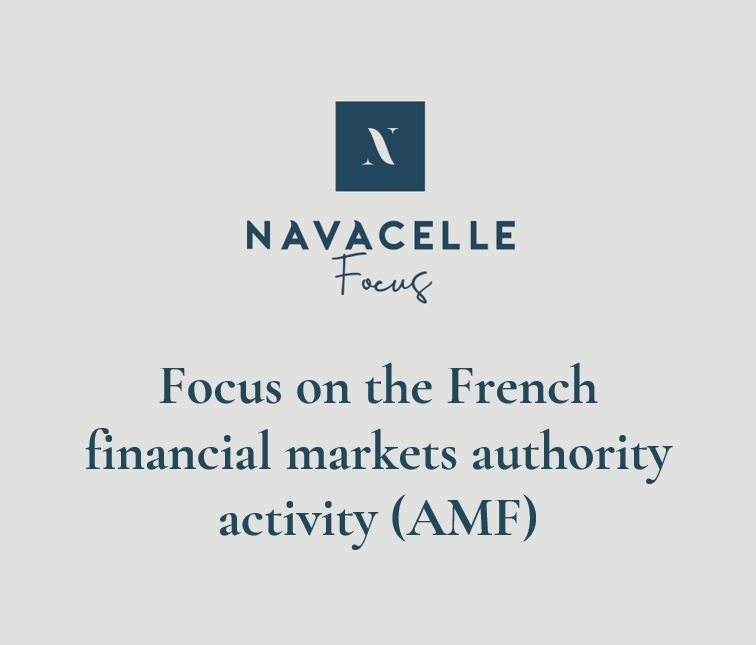France suffered harsh criticism with regard to its anti-corruption legislative framework and the resources allocated to the fight against corruption. The Sapin II law entered into force on December 11, 2016 and strengthen the French anti-corruption and compliance arsenal. In order to reinforce the efficiency of this legislative tool, the report of the investigatory commission on public economy released on April 18, 2018 recommends to imitate the mechanisms implemented by common law countries with regard to anti-corruption investigations.
For example, the report suggests that companies being investigated by French authorities bear the cost of the investigation according to their global revenues.
Société Générale is the most recent entity to have signed a French-style deferred prosecution agreement (convention judiciaire d’intérêt public) with the National Financial Prosecutor (Parquet National Financier) on May 24, 2018 and approved by the Paris Court on June 4, 2018. This agreement puts an end to investigations relating to transactions with Libyan counterparties, including the Libyan Investment Authority (LIA) and suspicions of corruption of foreign public officials and compels the bank to pay a public interest fine of €250,000,000. Société Générale is also obliged to establish an anti-corruption programe which will be closely monitored by the French Anti-Corruption Agency (Agence Française contre la Corruption, AFA) for two years in order to insure ‟the quality and the effectivity of the preventive measures to fight corruptionˮ. Société Générale will bear the costs of the monitorship up to €3 million.
The Sapin II law also gave extraterritorial prerogatives to the Prosecutor and, consequently to the French AFA. Indeed, prior to the entry into force of the Sapin II law, offenses committed by French nationals outside France could also be prosecuted in France, but only on two conditions: the facts were criminalized in the country of the place of their commission and the prosecution may only be initiated at the request of the Public Prosecutor. The Sapin II law repealed these two conditions for bribery and influence peddling, thus reinforcing the prosecution of these offenses. In addition, the Sapin II law expressly provides that French law is no longer applicable only to French nationals who have committed bribery and influence peddling offenses abroad. Are now covered, all persons usually residing or exercising all or part of their economic activity on the French territory.
The new French anticorruption system aims at competing with foreign authorities. Scholars have argued that whereas French companies must comply with DOJ and SFO requirements, the French Prosecutor struggles to prosecute foreign entities. The objective of the Sapin II Law is therefore to improve the French compliance and anti-corruption legal framework to minimize foreign interferences. The CJIP signed by Société Générale on May 24, 2018 with the Parquet National Financier (National Financial Prosecutor) is the first example of a cooperation between the French Prosecutor and the Department of Justice. Société Générale was fined 250,15 million euros by the French authorities and 292,8 million euros by the US authorities for the same charges.
The report released on April 18, 2018 by the investigation commission on public economy emphasized the need to increase transparency with regard to mergers and acquisitions operations. Indeed, recent M&A deals (such as Alstom, Alcatel, STX) have casted a doubt about the ability of French authorities to regulate investment bankers’ activities. The report recommends that investment banks would have to comply with Sapin II law regarding reporting requirements and ethics rules as they fall within the “interest representatives” (lobbyists) category which have to comply with the strict transparency rules of the High Authority for Transparency in Public Life (HATVP).














